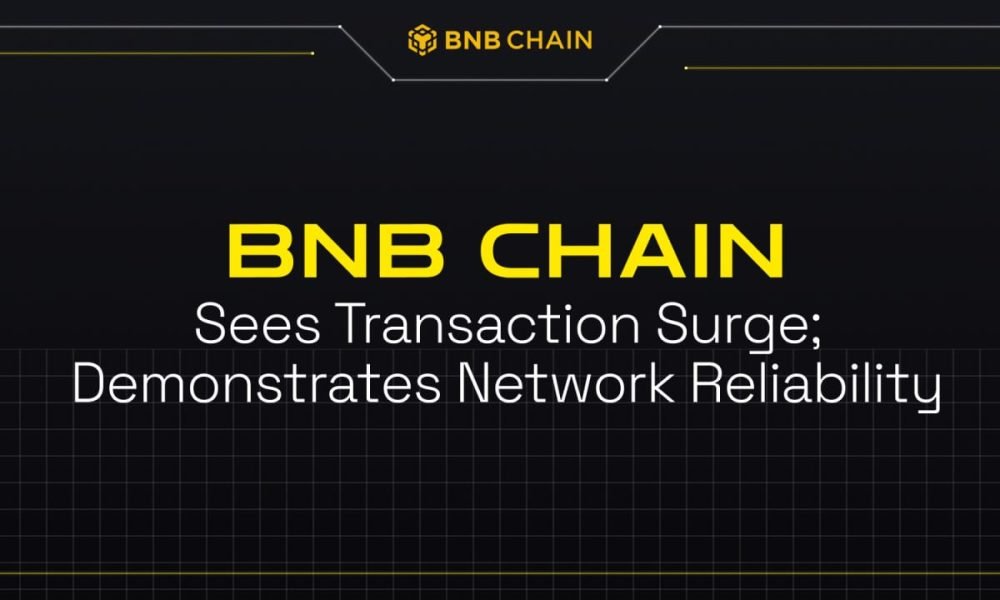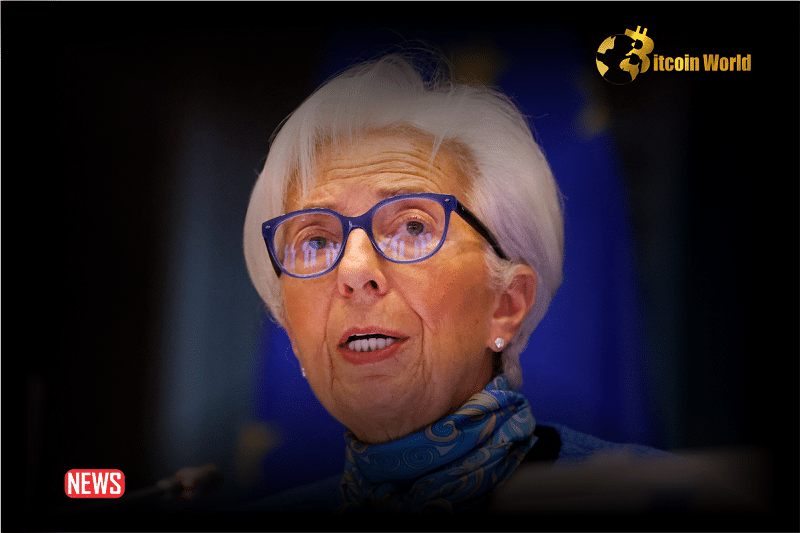In a notable turn of events, institutional clients served by Goldman Sachs’ Asia Pacific division are displaying a revived interest in Bitcoin, Ether, and other cryptocurrencies. Reports indicate that clients in the Asia Pacific region have reengaged with cryptocurrencies this year, largely influenced by the approval of spot Bitcoin exchange-traded funds (ETFs).
Max Minton, the head of digital assets for Goldman Asia Pacific, highlighted this trend, noting that several major clients have recently shown activity or are considering involvement in the crypto sector. The approval of ten new Bitcoin ETFs in the United States in January has played a significant role in solidifying cryptocurrency assets as a more integrated aspect of traditional markets.
Minton emphasized that the recent ETF approval has sparked a resurgence of interest and activities. Much of the increased demand stems from pre-existing clients utilizing the firm’s options and futures offerings, with hedge funds notably being the most engaged among them. Goldman Sachs reported a record $2.8 trillion in assets under management by the end of 2023.
Despite launching its initial crypto trading desk in 2021, Goldman currently does not offer any spot crypto products to its clients. The desk primarily deals with exposure to crypto derivatives, such as Bitcoin and Ether options and futures. Minton acknowledged that 2023 was relatively quiet but noted a sudden surge in client interest in onboarding, pipeline, and volume since the beginning of 2024.
The majority of clients utilize derivatives to gain exposure to crypto volatility and make predictions on mid-term price movements. Bitcoin-related products remain the preferred investment instruments among active clients. Minton also discussed the potential impact of a spot Ether ETF approval in the United States, which could potentially shift institutional focus towards Ethereum.
However, analysts assessing the likelihood of an Ether ETF approval by May estimate it at just 35%, with the United States Securities and Exchange Commission extending their silence towards potential fund issuers. This stance has led to growing pessimism within the industry.
Regardless of ETF approvals, Goldman aims to broaden its client base to include asset management funds, banks, and more specialized crypto asset firms in the future. The resurgence of interest among institutional clients signals a potentially significant development in the trajectory of cryptocurrency adoption and integration within traditional financial markets.
In a notable turn of events, institutional clients served by Goldman Sachs’ Asia Pacific division are displaying a revived interest in Bitcoin, Ether, and other cryptocurrencies. Reports indicate that clients in the Asia Pacific region have reengaged with cryptocurrencies this year, largely influenced by the approval of spot Bitcoin exchange-traded funds (ETFs).
Max Minton, the head of digital assets for Goldman Asia Pacific, highlighted this trend, noting that several major clients have recently shown activity or are considering involvement in the crypto sector. The approval of ten new Bitcoin ETFs in the United States in January has played a significant role in solidifying cryptocurrency assets as a more integrated aspect of traditional markets.
Minton emphasized that the recent ETF approval has sparked a resurgence of interest and activities. Much of the increased demand stems from pre-existing clients utilizing the firm’s options and futures offerings, with hedge funds notably being the most engaged among them. Goldman Sachs reported a record $2.8 trillion in assets under management by the end of 2023.
Despite launching its initial crypto trading desk in 2021, Goldman currently does not offer any spot crypto products to its clients. The desk primarily deals with exposure to crypto derivatives, such as Bitcoin and Ether options and futures. Minton acknowledged that 2023 was relatively quiet but noted a sudden surge in client interest in onboarding, pipeline, and volume since the beginning of 2024.
The majority of clients utilize derivatives to gain exposure to crypto volatility and make predictions on mid-term price movements. Bitcoin-related products remain the preferred investment instruments among active clients. Minton also discussed the potential impact of a spot Ether ETF approval in the United States, which could potentially shift institutional focus towards Ethereum.
However, analysts assessing the likelihood of an Ether ETF approval by May estimate it at just 35%, with the United States Securities and Exchange Commission extending their silence towards potential fund issuers. This stance has led to growing pessimism within the industry.
Regardless of ETF approvals, Goldman aims to broaden its client base to include asset management funds, banks, and more specialized crypto asset firms in the future. The resurgence of interest among institutional clients signals a potentially significant development in the trajectory of cryptocurrency adoption and integration within traditional financial markets.





